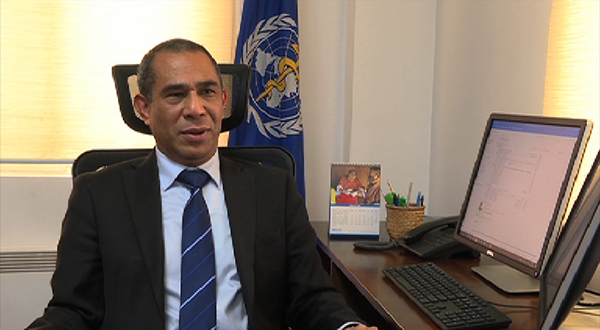 Amid COVID-19 pandemic, many individuals are asked to practice physical distancing and requested to stay at home. But staying at home for prolonged periods of time can pose a significant challenge to remain physically active.
Amid COVID-19 pandemic, many individuals are asked to practice physical distancing and requested to stay at home. But staying at home for prolonged periods of time can pose a significant challenge to remain physically active.
People working from home, in quarantine or self-isolating due to the coronavirus outbreak have a risk of their lifestyle becoming somewhat more sedentary. Sedentary behaviour and low levels of physical activity can have negative effects on the health, well-being and quality of life of individuals. The World Health Organisation (WHO) country office recommends those indoors to do some light physical activities between ten to fifteen minutes a day to improve the immune system.
“We are not supposed to have a big gathering, and sports activities have been particularly cancelled. So physical activity at home is really important. What kind of physical activity? Basically you need to move your body, you should not sit for too long; more than two hours watching TV without doing an activity, that is very harmful to your health. So if you do physical activity, it will boost your immune system, and your body will be able to fight against not only COVID-19 but also other diseases,” said Dr Rui Paulo de Jesus, the WHO Representative to Bhutan.
The WHO country representative added that physical activity can be a valuable tool to help continue to protect one’s health during this time.
“Some people may like to start practising yoga or if you have a backyard with some garden, you may like to spend some time taking care of your garden or may introduce new hobbies, for example cooking or so. So these are all physical activities. We are not talking about a physical activity which will require endurance or maybe certain skills to be able to do so or you simply walk around your house. That is also part of physical activity,” he added.
WHO also recommends eating healthy, staying hydrated, avoid smoking or using other tobacco products and alcohol to keep the virus at bay.
Experts in China, where the virus first originated found people with underlying medical conditions were five times more likely to have a worse outcome from COVID-19, and smokers three times more likely to be affected by the virus.
Sonam Pem












